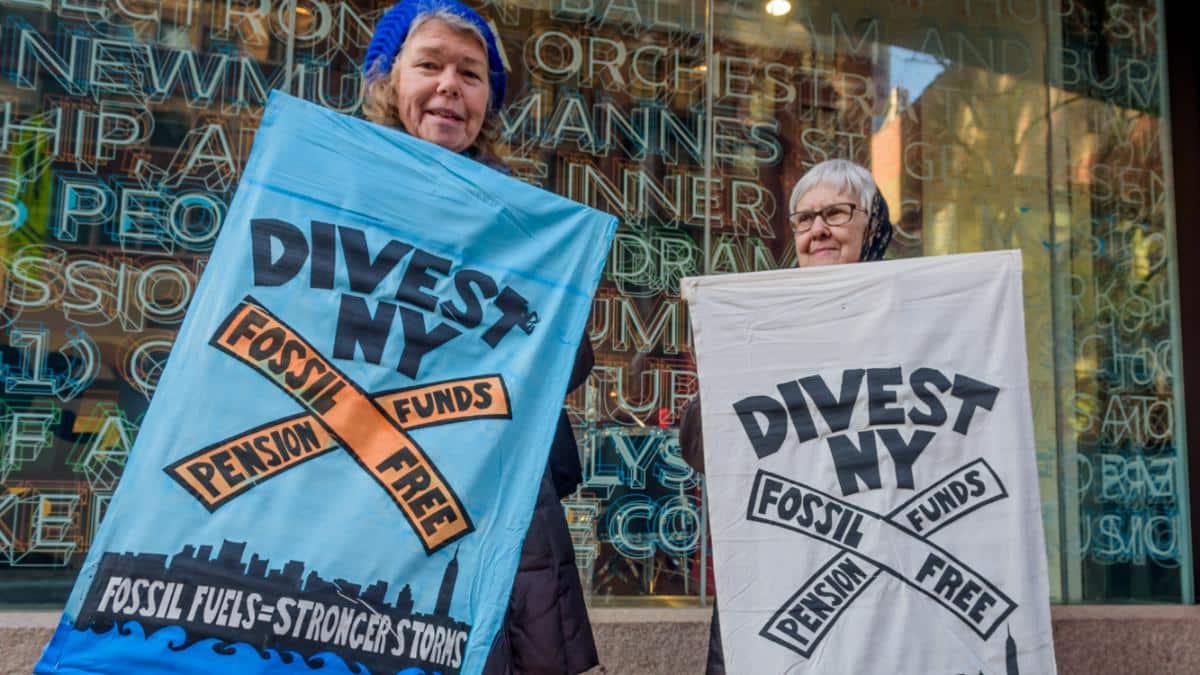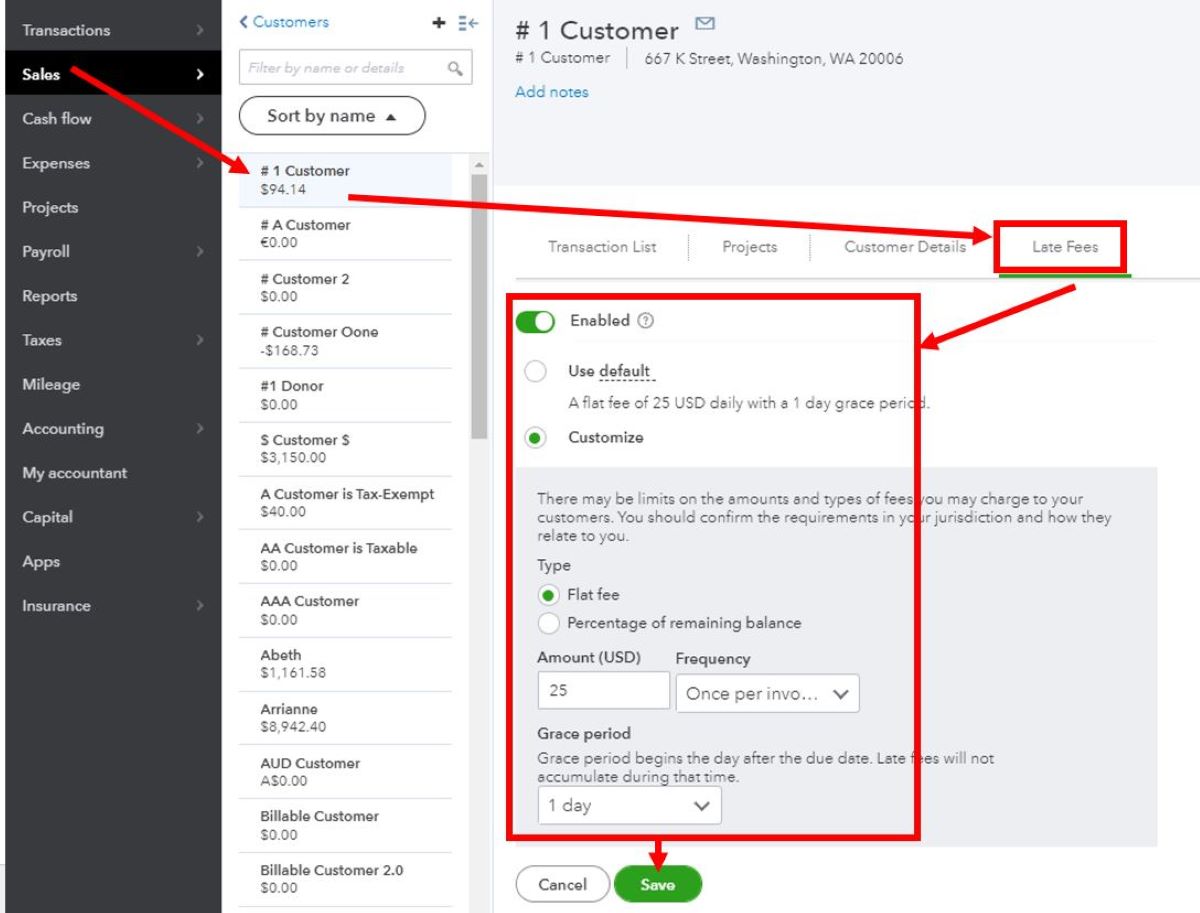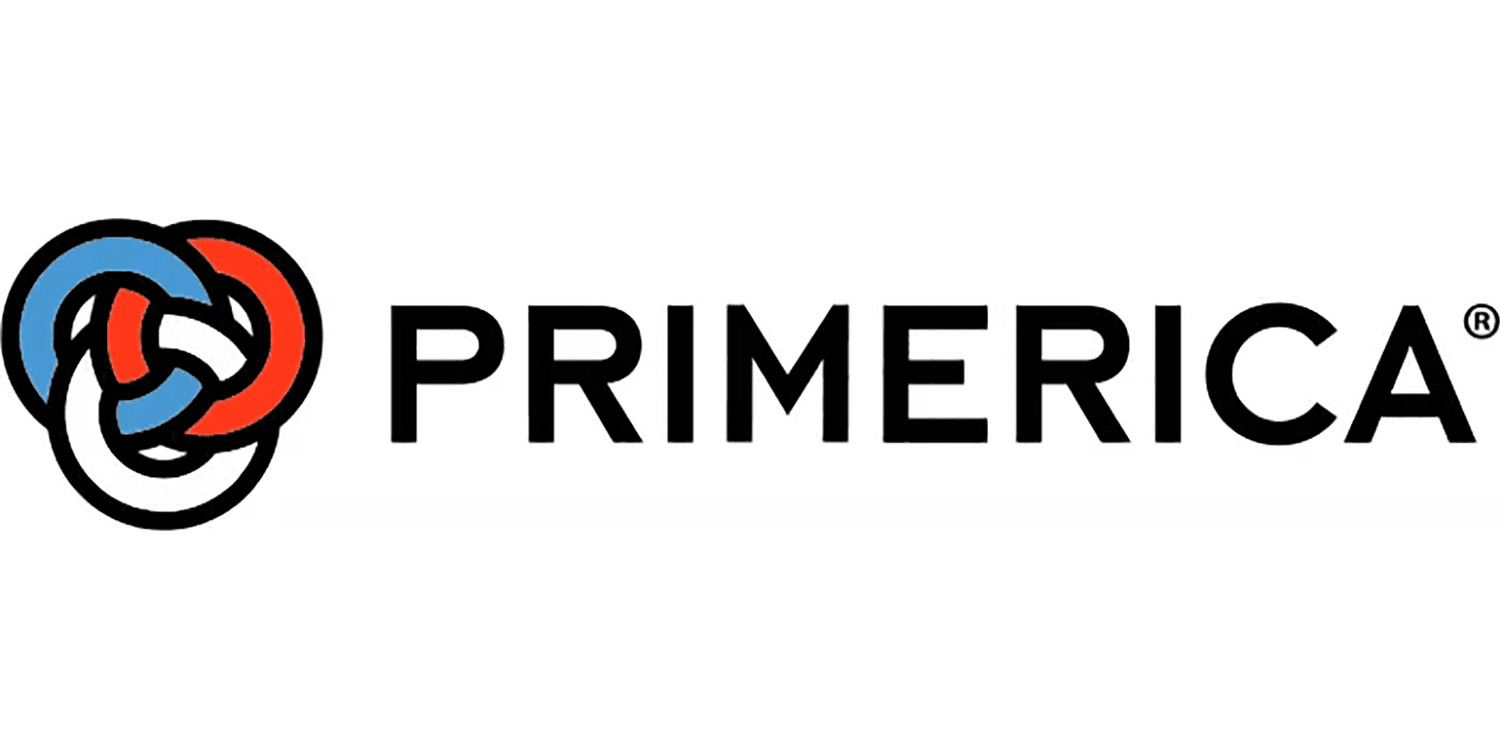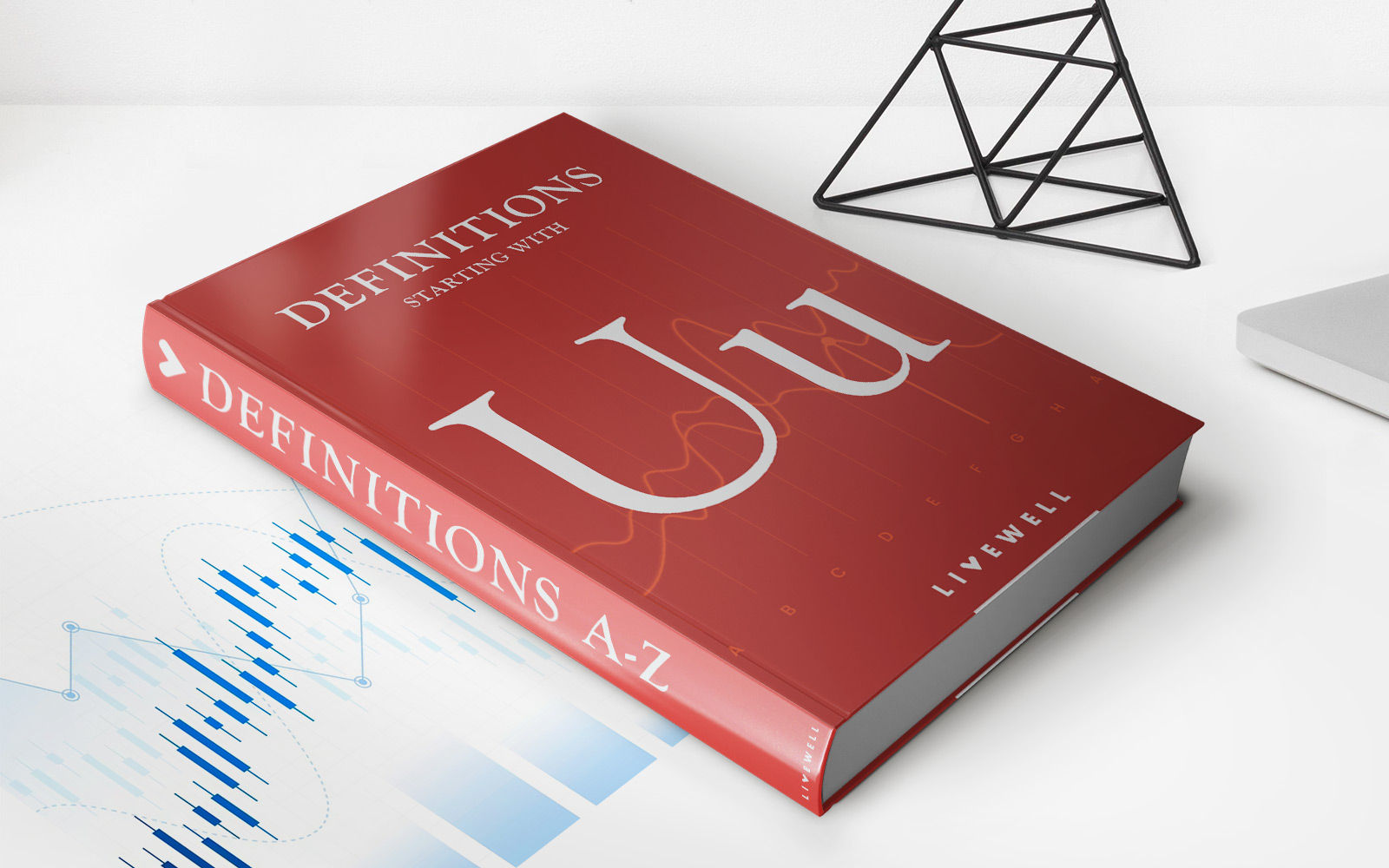

Finance
Which Companies Still Offer Pensions?
Published: January 22, 2024
Discover which finance companies still offer pensions and secure your financial future with a reliable retirement plan. Explore your options today!
(Many of the links in this article redirect to a specific reviewed product. Your purchase of these products through affiliate links helps to generate commission for LiveWell, at no extra cost. Learn more)
Table of Contents
Introduction
In today's fast-paced and ever-changing job market, the landscape of employee benefits has undergone significant transformation. One traditional employment perk that has become increasingly rare is the pension plan. Once a cornerstone of retirement security, pensions have gradually been replaced by 401(k) plans and other defined contribution options. However, a handful of companies still uphold the tradition of offering pensions to their employees. This article aims to explore the current status of pensions in the corporate world, shedding light on the companies that continue to provide this valuable benefit to their workforce.
While the concept of a pension may seem antiquated to some, it remains a crucial component of retirement planning for many individuals. Understanding the nuances of pensions, including their benefits and potential drawbacks, is essential for employees seeking long-term financial stability. Moreover, gaining insight into the companies that still offer pensions can be invaluable for job seekers who prioritize retirement security in their employment decisions.
As we delve into the world of pensions, it's important to recognize the evolving nature of employee benefits and the impact of these changes on workers' financial well-being. By examining the current landscape of pension availability and the factors that influence companies' decisions to offer such plans, we can gain a deeper understanding of the options available to employees in today's job market. Let's embark on a journey to unravel the mysteries of pensions and discover the companies that continue to uphold this time-honored tradition.
Understanding Pensions
Before delving into the specifics of companies that still offer pensions, it is essential to grasp the fundamental concept of a pension and its significance in the realm of retirement planning. A pension, also known as a defined benefit plan, is a retirement arrangement in which an employer commits to providing a specified periodic payment to employees upon their retirement. This payment is typically based on factors such as the employee’s salary history and years of service with the company.
Unlike 401(k) plans, which are categorized as defined contribution plans, pensions relieve employees of the responsibility of managing their retirement investments. Instead, the employer assumes the investment risk and guarantees a predetermined payout to eligible retirees. This feature distinguishes pensions as a valuable form of retirement security, offering a predictable income stream throughout the retiree’s post-employment years.
One of the key advantages of pensions is their longevity protection, as they provide a reliable source of income for retirees regardless of their lifespan. This safeguard against outliving one’s retirement savings is particularly appealing in an era marked by increasing life expectancies and concerns about financial security in old age.
However, pensions also pose challenges for employers, as they entail long-term financial commitments and are subject to complex regulatory requirements. The funding of pension plans and the management of investment returns require careful oversight to ensure the plan’s solvency and the fulfillment of future payment obligations to retirees.
Despite the decline in the prevalence of pensions, their enduring appeal lies in the stability and security they offer to retirees, making them a sought-after benefit for employees seeking a reliable foundation for their retirement years.
Companies that Still Offer Pensions
While the landscape of retirement benefits has shifted towards defined contribution plans, some notable companies continue to uphold the tradition of offering pensions to their employees. These companies recognize the value of providing long-term financial security to their workforce and have chosen to maintain pension plans as a cornerstone of their employee benefits package.
One prominent example is The Boeing Company, a renowned aerospace corporation that has sustained its commitment to offering pensions despite the evolving trends in employee benefits. Boeing’s pension plan provides employees with a reliable source of retirement income, reflecting the company’s dedication to supporting its workforce beyond their active employment years.
Another notable entity that still embraces pensions is The Coca-Cola Company. As a stalwart in the beverage industry, Coca-Cola has retained its pension plan, underscoring its commitment to fostering financial well-being for employees throughout their retirement. This steadfast approach sets a compelling example in an era where pensions are increasingly rare.
Additionally, IBM, a global technology and consulting leader, is recognized for its continued provision of pension benefits to employees. IBM’s pension plan exemplifies the company’s emphasis on long-term employee welfare, offering a dependable retirement income stream to its workforce.
These companies, among others, have chosen to defy the prevailing shift towards defined contribution plans and have remained steadfast in their support of pensions. Their commitment to providing this traditional form of retirement security sets them apart as employers that prioritize the well-being of their employees, both during their active service and in their post-employment years.
How to Find Companies with Pension Plans
For job seekers and employees seeking opportunities with companies that offer pensions, navigating the landscape of retirement benefits requires careful consideration and research. Here are some effective strategies for identifying companies that still provide pension plans:
- Company Websites: A direct approach involves visiting the official websites of prospective employers. Many companies prominently feature their employee benefits, including pension details, in the careers or human resources sections of their websites.
- Employee Handbooks and Documentation: Requesting access to employee handbooks, benefit summaries, or plan documents can provide valuable insights into the retirement benefits offered by a specific company. These resources often outline the details of pension plans and eligibility criteria.
- Professional Networking: Engaging with professionals in your industry through networking events, social platforms like LinkedIn, or industry-specific forums can yield firsthand information about companies that still offer pensions. Peers and industry insiders may offer valuable insights based on their experiences with different employers.
- Financial Publications and Reports: Keeping abreast of industry news and financial reports can shed light on companies known for maintaining pension plans. Industry publications, annual reports, and financial news outlets often highlight companies that prioritize traditional retirement benefits.
- Consulting with Financial Advisors: Seeking guidance from financial advisors or retirement planning experts can provide tailored recommendations for identifying companies with pension plans. These professionals can offer personalized insights based on your financial goals and employment preferences.
By leveraging these strategies, individuals can proactively identify companies that continue to offer pensions, enabling them to make informed decisions about their career paths and long-term financial security.
The Future of Pensions
The landscape of retirement benefits is continuously evolving, prompting discussions about the future of pensions in the corporate world. While the prevalence of traditional pensions has diminished over the years, their enduring appeal and the changing dynamics of the workforce raise compelling questions about their future trajectory.
One notable trend is the gradual transition towards hybrid pension plans, which combine elements of traditional pensions with features of defined contribution plans. These hybrid models aim to mitigate the financial risks associated with traditional pensions while providing employees with a degree of retirement income security. By incorporating elements of employee contributions and investment options, hybrid pension plans offer a middle ground that addresses the concerns of both employers and employees.
Another pivotal factor shaping the future of pensions is the regulatory environment. Ongoing legislative developments and reforms related to retirement benefits influence the design and viability of pension plans. Employers navigating the complexities of pension regulations must adapt to evolving compliance requirements and consider the long-term implications of regulatory changes on their retirement benefit offerings.
Furthermore, the shifting demographics of the workforce, including the rise of the gig economy and the increasing prevalence of remote work, pose unique challenges and opportunities for the future of pensions. As the nature of employment undergoes transformation, employers are compelled to rethink their approach to retirement benefits to accommodate the diverse needs and preferences of a dynamic workforce.
Despite the challenges and transformations, the enduring appeal of pensions lies in their ability to provide retirees with a reliable and predictable source of income, shielding them from the uncertainties of financial markets and longevity risks. As discussions surrounding retirement security and employee well-being gain prominence, the future of pensions remains a topic of strategic importance for employers and policymakers alike.
Ultimately, the future of pensions hinges on the ability of employers to strike a balance between sustaining long-term retirement security for their workforce and navigating the complexities of financial and regulatory landscapes. As the dynamics of retirement benefits continue to evolve, the resilience and adaptability of pension plans will shape the future of employee retirement security.
Conclusion
In conclusion, the landscape of employee benefits, particularly in the realm of retirement planning, has undergone significant transformation, with traditional pensions becoming increasingly rare. However, a select group of companies, including industry leaders such as The Boeing Company, The Coca-Cola Company, and IBM, continue to uphold the tradition of offering pensions to their employees, underscoring the enduring value of this form of retirement security.
For individuals seeking opportunities with companies that still provide pensions, diligent research and proactive strategies, such as exploring company websites, leveraging professional networks, and consulting with financial advisors, can yield valuable insights into prospective employers’ retirement benefit offerings.
As the future of pensions unfolds amid evolving regulatory landscapes, demographic shifts in the workforce, and innovative hybrid pension models, the enduring appeal of pensions lies in their ability to provide retirees with a reliable and predictable source of income, shielding them from the uncertainties of financial markets and longevity risks. While the prevalence of traditional pensions may have waned, the strategic importance of sustaining long-term retirement security for employees remains a focal point for employers and policymakers.
Ultimately, the commitment of certain companies to maintain pension plans serves as a testament to their dedication to the financial well-being of their workforce, both during their active service and in their post-employment years. As discussions surrounding retirement security and employee welfare gain prominence, the future of pensions continues to be a topic of strategic importance, shaping the trajectory of employee retirement benefits in the corporate world.
In the ever-changing landscape of retirement benefits, the enduring appeal of pensions as a form of reliable retirement security underscores their significance in the broader context of employee financial well-being. As the journey to unravel the mysteries of pensions and discover the companies that continue to uphold this time-honored tradition continues, the resilience and adaptability of pension plans will continue to shape the future of retirement security for employees.














